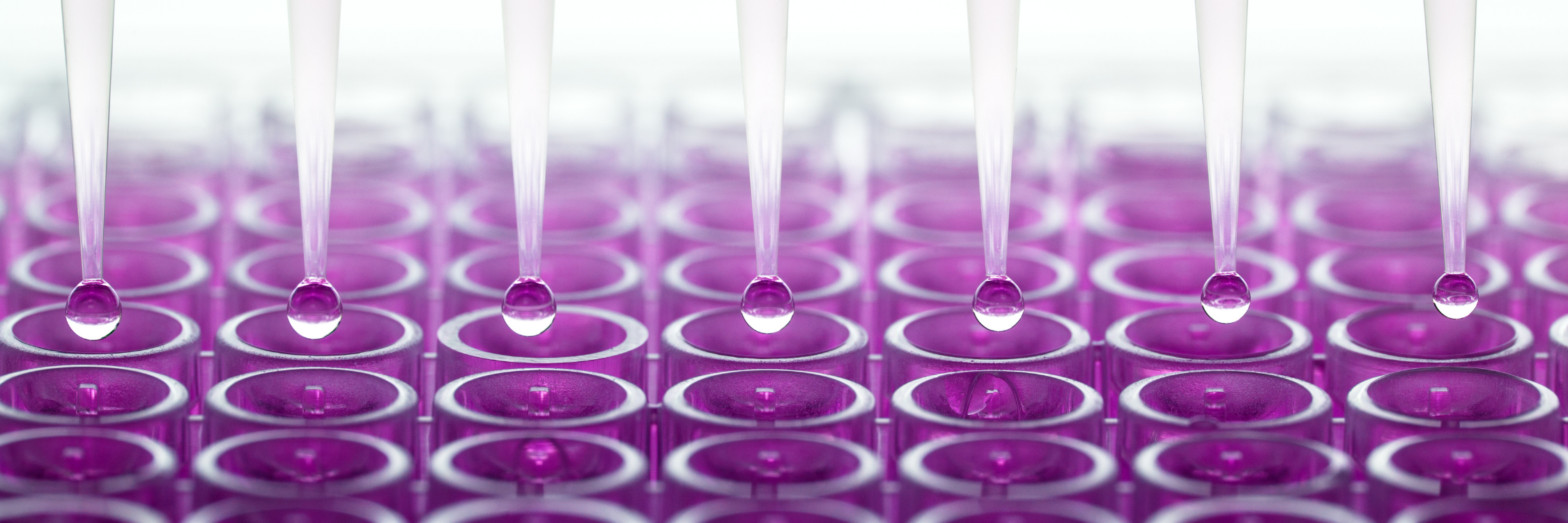UG3 Phase: Clinical Trial Preparation
Develop a multi-center research infrastructure that will establish a longitudinal cohort of patients across the disease spectrum of Alpha-1 Antitrypsin Deficiency (AATD). To successfully address gaps in knowledge and to accomplish our study goal, this project will use the Alpha-1 Foundation (A1F) contact registry at the Medical University of South Carolina that has enrolled over 6,500 participants to date. Through collaboration with the Alpha-1 Foundation, the Alpha-1 Clinical Cohort (A1CC) will be established and provide the following: (1) Recruitment and Retention of Participants: develop a prospective cohort of AATD patients from the Alpha-1 Foundation contact registry; (2) Uniformly collect relevant clinical data to facilitate recruitment of the Alpha-1 Biomarkers Consortium (A1BC) and for other Alpha-1 clinical studies; (3) To provide a platform from which patients can be easily identified and recruited for clinical studies; (4) Biomedical Informatics: Develop a secure database with the ability to query participant data based on specific characteristics and retrieve an extensive set of multidisciplinary measures to answer clinical research questions; and (5) Develop young Alpha-1 researchers. The A1CC will be a secure, query-enabled research portal based in theAlpha-1 Foundation with vast capacity for data sharing accessible to all A1BC investigators. The first formal query of the A1CC will be for the generation of the A1BC.
To Participate in the A1BC you must ENROLL in the Apha-1 Research Registry
Who is eligible to enroll in the Alpha-1 Research Registry?
- Individuals of all ages diagnosed with Alpha-1
- Individuals of all ages identified as Alpha-1 carriers
What does a Registry participant have to do?
- Complete a registration form
- Sign an informed consent
- Complete a questionnaire
- Provide reports of medical tests and labs (optional)
- Receive follow-up calls every 1-2 years to collect updated information
Research staff are available to assist participants through the enrollment process and to answer any questions.
Email: alpha1registry@alpha1.org Telephone: (877) 228-7321 ext. 252
UH3 Phase: Alpha-1 Biomarker Consortium (A1BC)
To test the hypothesis that biomarkers in serum and sputum of a population of AATD with lung disease correlate with imaging biomarkers that can predict prognosis and outcome of disease. A. In addition to standard metrics of emphysema such as PERC15, novel imaging modalities including the Jacobian determinant as a measure of lung mechanics, and airway fractal dimension as an indicator of airway remodeling will be assessed in an effort to determine if these measurements predict decline in the AATD patient cohort. B. A series of biomarkers associated with the mechanism of disease will be tested to identify correlations with lung function decline. To elucidate genotype/phenotype relationships in disease progression of AATD. In this sub-aim, whole exome sequencing will be performed on all A1BReC patients as well as a group of 300 AATD patients without lung or liver disease manifestations. In addition, sequencing of the complete SERPINA1 gene will be undertaken. We will test the hypothesis that genotype-phenotype correlations exist in AATD and that certain mutations alter the inflammatory response and ultimate disease presentation of AATD. C. Polymorphisms in the SERPINA1 promoter and enhancer region as well as other potential modifier genes will be categorized and correlated with disease presentation, severity, and progression over time. D. In vitro studies utilizing iPSCs will determine if putative targets identified in whole exome sequencing and SERPINA1 sequencing alter the response of alpha-1 macrophages to injury.
Consortium Sites:
- Columbia University Medical Center - Principal Investigator Jeanine D’Armiento, MD, PhD and Co-Investigator Monica Goldklang, MD
- Medical University of South Carolina - Co-Principal Investigator Charlie Strange, MD
- University of Alabama Medical Center - Principal Investigator J. Michael Wells, MD, MSPH and Co-Investigator Surya Bhatt, MD, MSPH
- Boston University - Site Investigator Andrew Wilson, MD
- National Jewish Health - Site Investigator Robert Sandhaus, MD, PhD and Co-Investigator Karina Serban, MD
- Royal College of Surgeons in Ireland - Site Investigator Professor Gerry McElvaney, MD, DSc, FRCPI, FRCPC and Co-Investigator Oliver McElvaney, MD, PhD, MRCPI
- University of California, Los Angeles - Site Investigator Igor Barjaktarevic, MD and Co-Investigator Russell Buhr, MD
- University of Chicago - Site Investigator Kyle Hogarth, MD
- University of North Carolina, Chapel Hill - Site Investigator - M. Bradley Drummond, MD, MHS
- University of Utah Health Center - Site Investigator Cheryl Pirozzi, MD
To learn more about the A1BC study, please visit us at:

